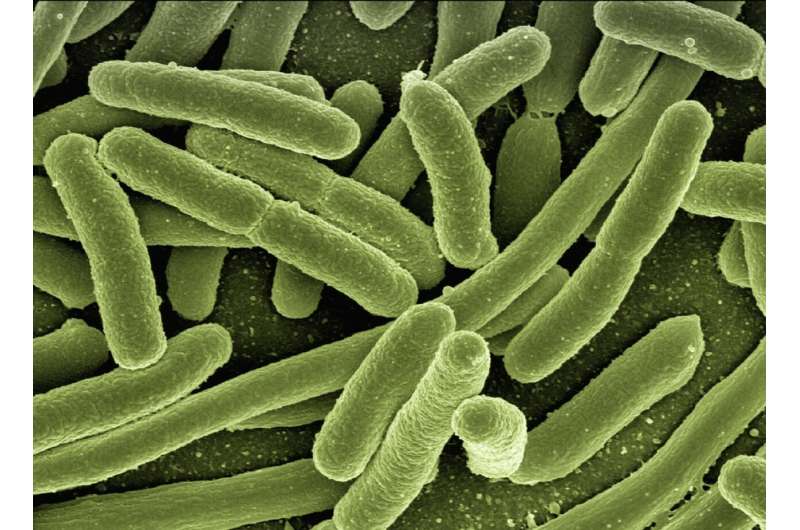This article has been reviewed according to Science X's editorial process and policies. Editors have highlighted the following attributes while ensuring the content's credibility:
fact-checked
peer-reviewed publication
trusted source
proofread
A potential therapeutic approach for treating colistin-resistant infections

Colistin is a last-resort antibiotic critical for treating multidrug-resistant bacterial infections. Resistance to colistin heralds the emergence of truly pan-resistant infections.
In a study published in Nature Microbiology , the researchers found combining colistin with inhibitors of biotin (vitamin B7) or fatty acid production can overcome colistin resistance. They found that biotin or fatty acid production inhibitors prevent colistin resistance by blocking the bacteria from making certain lipids needed for their membranes.
Without this critical membrane component, the bacteria become sensitive to colistin, allowing it to kill the bacteria. This combination of biotin or fatty acid production inhibitors with colistin was effective in a laboratory setting and a mouse infection model against colistin-resistant Escherichia coli and Klebsiella pneumoniae.
The findings provided a rationale for using this combination as a potential therapeutic approach for treating colistin-resistant infections.
More information: Lindsey A. Carfrae et al, Inhibiting fatty acid synthesis overcomes colistin resistance, Nature Microbiology (2023). DOI: 10.1038/s41564-023-01369-z
Journal information: Nature Microbiology
Provided by McMaster University

















